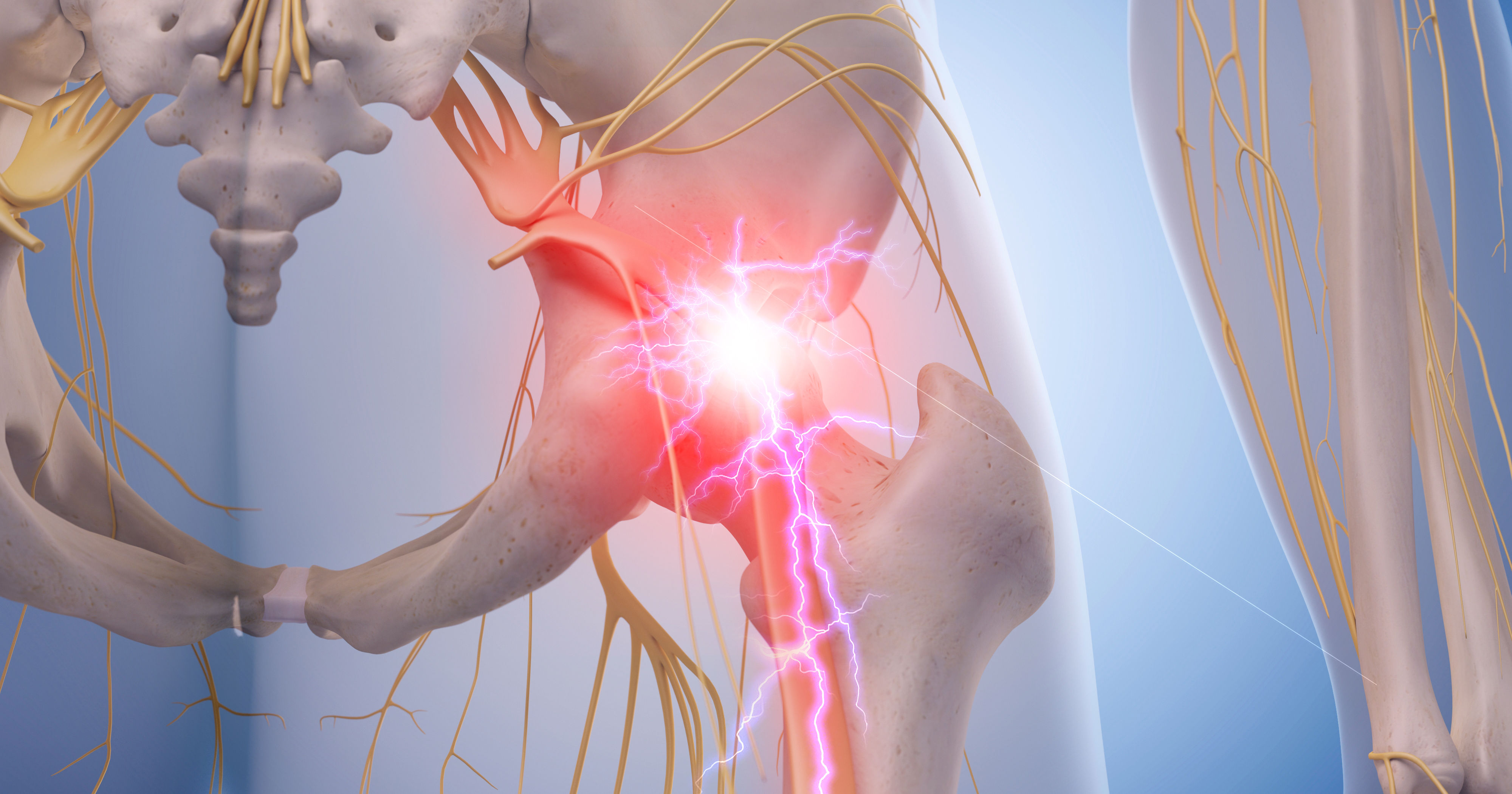
Dr. Valente talks health trends with a registered dietitian
Frank Valente, D.C.: What are some of the most common nutrients that you find clients to be deficient in?
Christina Lombardi, RD, FMNS: Vitamin D. Here in New York, we live in a climate that does not allow adequate sun exposure year long, therefore most individuals have suboptimal levels of Vitamin D. Vitamin D is also sequestered and stored in fat cells, so individuals who have higher body fat mass will also have higher vitamin D needs. Unsure of your level? You can ask your doctor to check your vitamin D with your next blood draw. Supplementation is the only way to increase your levels while living in New York, since the body makes vitamin D when the skin is exposed to the sun.
FV: Do people's nutritional needs change as the seasons change? Summer is coming: is there anything you wish you could tell more clients to change about their diets this time of year?
CL: I am a proponent of eating with the season. This means eating foods that are local to your climate. In the winter, comforting and insulating foods like stews and soups help keep us warm. During the summer, our farms are in abundance of fruits like berries and melons and summer vegetables like cucumbers, tomatoes, and peppers. Our body typically leans towards cooling foods during the hot summer months, these are foods with higher water content, like fruits and vegetables. Try to get in 4 cups of non-starchy vegetables and 1-2 servings of fruit daily.
FV: How do someone's nutritional needs change as they become more physically active?
CL: Nutritional needs will change depending on the activity and the person. Runners typically have increased iron needs, due to foot strike hemolysis (the breakdown of red blood cells from pounding of the feet). Most athletes also have an increasing need for magnesium since it is used in the ATP cycle or the “energy cycle”. For someone who is becoming more active through general fitness, they may have higher caloric needs, as well as protein and carbohydrate needs. Everyone’s metabolism and needs are different, if you are unsure of your needs, it’s best to work with a nutrition expert.
FV: What are some common misconceptions you run into again and again in your line of work?
CL: A very common misconception is that very low-calorie diets provide sustainable weight loss. When individuals eat at a large caloric deficit for too long of a time period; the body’s metabolism will slow down to meet the caloric intake. Basically, the body will adjust and store the calories consumed and not utilize them for energy, this results in fat storage and difficulty losing weight.
FV: Can you tell us about any dieting trends that caught your attention during the Covid-19 pandemic, either good or bad?
CL: The 2020 Food and Health Survey found that 60% of consumers noted that they cooked at home more. It is always great when individuals empower themselves and learn how to take the time to prepare foods, instead of relying on pre-made meals or convenience foods.
FV: What are some ways our readership can learn to recognize good diet advice from harmful?
CL: Social media is powerful today, and there are countless influencers promoting their diet or their supplement. It is hard to sort through the noise and find sound nutrition advice.
Proceed with caution if you are told to follow a super restrictive diet (and do not have any food allergies or digestive complaints), can only purchase supplements through them, are promised extreme results (lose 30 pounds in 2 weeks), or the recommendations lack significant research.
Typically these influencers are sharing how THEY lost the weight and if you follow their plan you will too. This cannot be any further from the truth; we all have individuals needs- that should be assessed before starting any diet program.
Be sure to look out for more interviews with various specialists in upcoming blog posts. Have a health question? Let us know! You might just see your topic of interest covered in our next newsletter!
Make sure to follow Christina Lombardi on Instagram for tips and inspiration, and check out Dr. Valente's Instagram for chiropractic insights and more!


